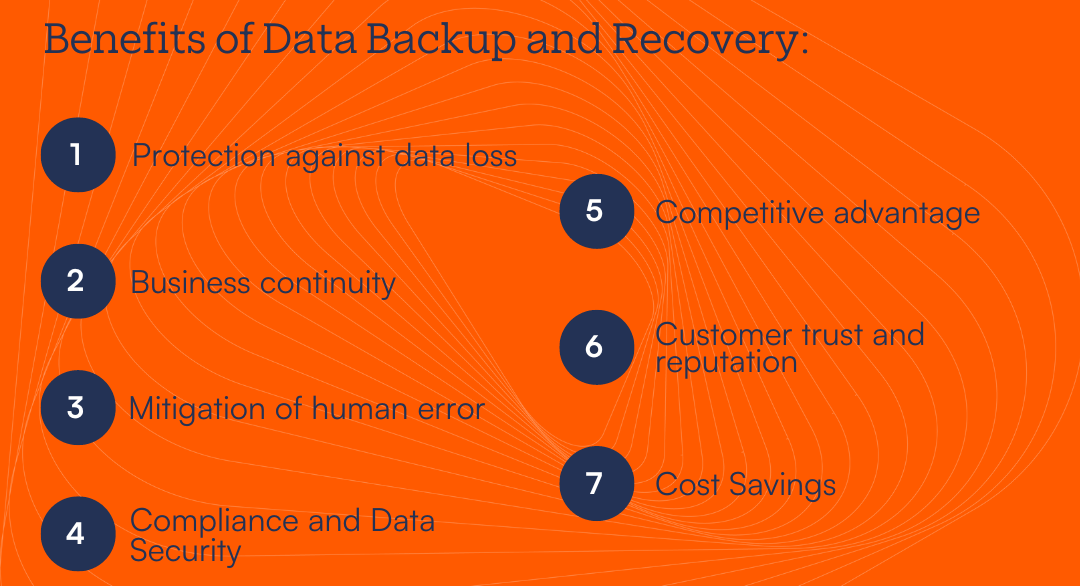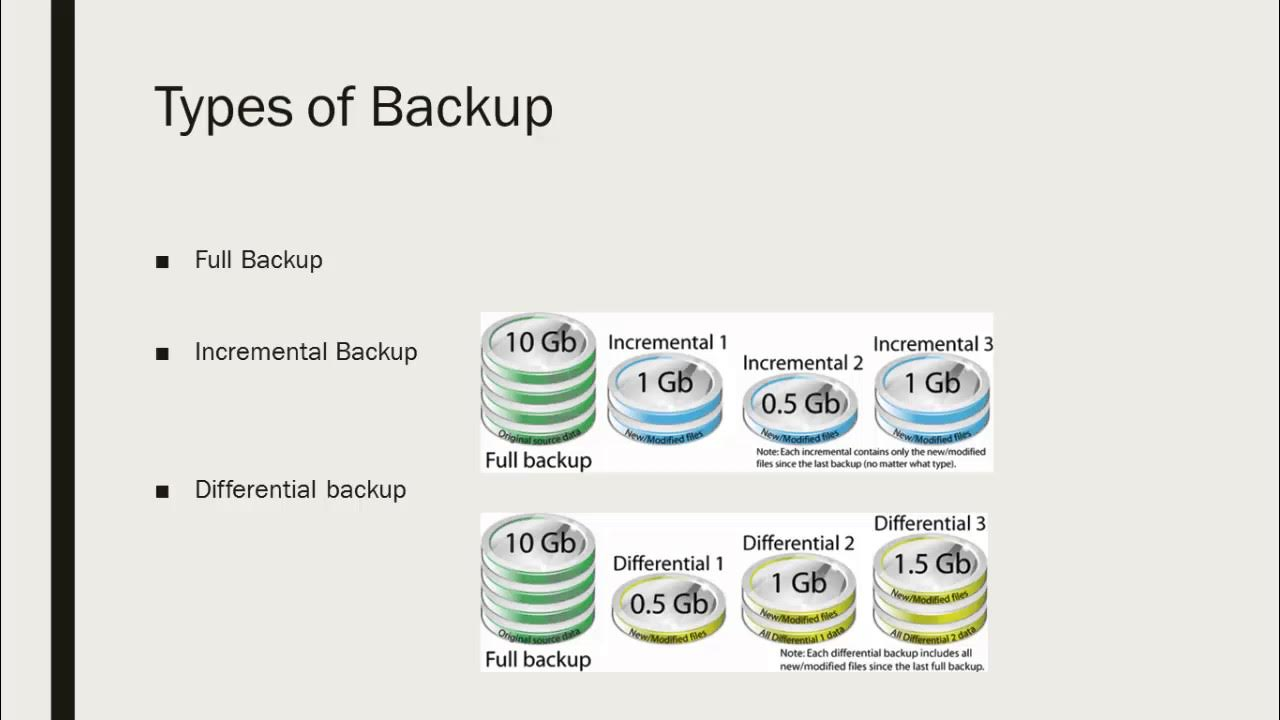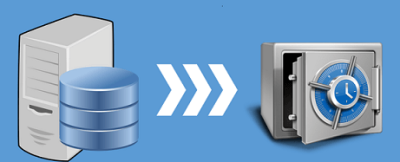Categories
Tags
Archives
Backup And Recovery Strategies In SAP BASIS
-
Posted by Manoj Agrawal Filed in Other #education blog #SAP Training #sap #sapbasis #sapbasiscourse 1.3K views
For businesses using SAP systems, implementing robust Backup and Recovery Strategies is essential to safeguard their data against loss or corruption. Effective management of these strategies falls under the purview of SAP BASIS, which serves as the foundation for SAP applications and databases. Professionals seeking to enhance their skills in this area often pursue SAP BASIS Training to understand these strategies comprehensively.
Importance of Backup and Recovery

Backup and recovery strategies are vital for several reasons:
- Data Protection: Regular backups protect against data loss due to hardware failures, software issues, or accidental deletions.
- Business Continuity: Effective recovery plans ensure minimal downtime, allowing businesses to resume operations quickly after an incident.
- Compliance: Many industries have strict regulations regarding data retention and recovery, making compliance a necessity.
Types of Backups

In SAP BASIS, backups can be categorized into several types, each serving a unique purpose:
Backup Type
Description
Full Backup
A complete copy of the entire database.
Incremental Backup
Data that has changed since the last backup is captured only.
Differential Backup
Every significant change is made since the full backup is backed up.
Database Snapshot
A point-in-time image of the database, useful for quick recovery.
Backup Strategies
For effective data management, a backup strategy is important. Here are some best practices:
- Regular Scheduling: Implement a consistent backup schedule that includes full, incremental, and differential backups. This ensures that you always have the latest data available for recovery.
- Geographical Redundancy: Store backups in multiple locations to protect against physical disasters. Cloud storage options can provide an excellent solution for this requirement.
- Testing Recovery Processes: Regularly test the recovery process to ensure that backups can be restored quickly and accurately. This practice will also help identify potential issues before they become critical.
- Monitoring and Reporting: Use monitoring tools to keep track of backup status and generate reports. This allows for quick identification of any failures in the backup process.
Recovery Strategies
When a failure occurs, having a robust recovery strategy is just as important as having a good backup. Here are the elements of a recovery strategy:
● Recovery Time Objective (RTO): This is the maximum acceptable amount of time that an application can be down after a failure. Establishing a clear RTO helps prioritize recovery efforts.
● Recovery Point Objective (RPO): This refers to the maximum acceptable amount of data loss measured in time. Understanding RPO will guide backup frequency and strategy decisions.
● Detailed Recovery Plan: Create a comprehensive recovery plan that outlines specific steps to restore data. This should include details on hardware replacements, configuration settings, and communication protocols.
Training and Certification
Pursuing SAP BASIS training is highly beneficial for professionals looking to deepen their understanding of backup and recovery strategies within SAP BASIS. SAP BASIS Training programs cover various aspects of SAP BASIS, including database management, system administration, and disaster recovery planning.

After completing training, obtaining SAP BASIS Certification can significantly enhance your career prospects. This certification validates your skills and knowledge, making you a valuable asset to organizations reliant on SAP systems.
Cost Considerations
The cost of SAP BASIS Certification can vary based on the training provider, location, and the specific course chosen. On average, candidates can expect to invest between ₹80,000 and ₹2,00,000 for comprehensive training and certification exams.
Understanding the associated SAP BASIS Certification Cost is also important for budgeting your career development.
Conclusion
Implementing effective backup and recovery strategies in SAP BASIS is crucial for ensuring data integrity and business continuity. By regularly scheduling backups, employing geographical redundancy, and having a detailed recovery plan, organizations can mitigate risks associated with data loss.
